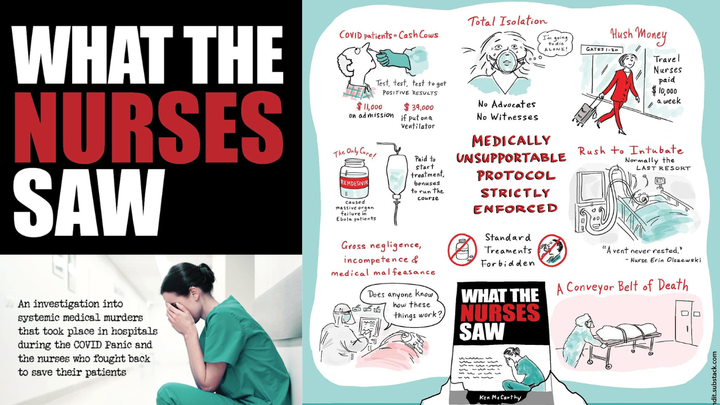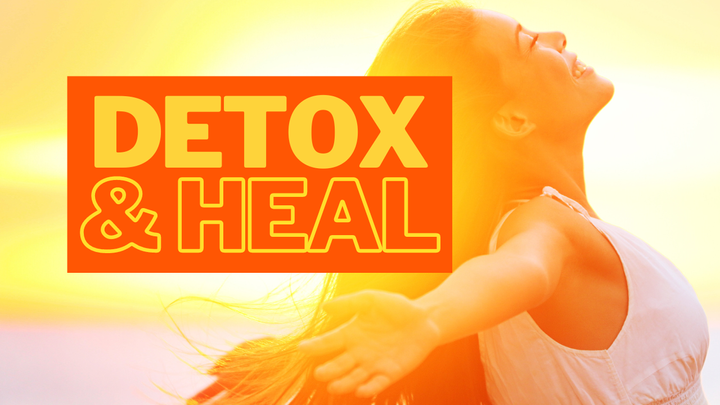How to Balance Hormones Naturally with Food & Supplements
Want to learn how to balance hormones naturally? I’ve been on a journey of balancing my hormones naturally with nutrition. If you’re a woman looking to balance your hormones without having to resort to drugs, you’ve come to the right place.

Want to learn how to balance hormones naturally? I’ve been on a journey of balancing my hormones naturally with nutrition. If you’re a woman looking to balance your hormones without having to resort to drugs, you’ve come to the right place.
I have had some amazing successes over the past few years, but I’m still not all the way healed. In this post, I’m also going to share with you some of the new supplements I’m trying in my quest to balance my hormones.
Balance Hormones Naturally with Nutrition
My Story: PMS & Melasma
Before I started eating a diet of traditional food, I suffered from a number of things related to female hormones, including PMS symptoms like fatigue, mood swings, and heavy bleeding and painful cramping.
Worst of all was the melasma. Often called “mask of pregnancy” since it commonly happens after pregnancy (another indication that it is hormonal,) melasma is a condition that produces ugly dark patches on your face. By the time I was in my mid-30s, I had these melasma patches on my forehead and, to my horror, on my upper lip. I swear it looked like a mustache that I could not wash off. I tried using medicated creams and bleaches — nothing worked. It just kept getting darker and kept spreading all over my face, like that old movie, The Blob.
Balancing Hormones Naturally with Nutrition: How I Did It
It wasn’t until I turned 39 and had just given birth to my first child that I switched our family to a traditional foods diet of raw milk, cod liver oil, grass-fed butter, cream, cheese and meats, pastured eggs, organ meats, plenty of seafood, soaked or sprouted grains, and fermented foods like kombucha, yogurt and kefir.
Within about six months on this diet, I started to notice my melasma fading. I didn’t start the diet to heal my melasma — and had no idea it would have any impact on it. But lo and behold, it was fading. It’s almost 3 years later now and my melasma has almost completely disappeared. There’s only one little spot left on my forehead, and it’s so light you hardly notice it. (I wish I had some before and after photos. I will try to dig some up on my old computer.)
I also noticed that my PMS symptoms lessened on a traditional diet. The cramping is a lot lighter and the mood swings are less severe. About a year and a half ago, I tried taking maca for a few months, and that completely eliminated the painful cramping and heavy bleeding. My periods would come and go and I experienced a much lighter flow with cramps that were barely noticeable — no pain whatsoever.
I didn’t stay on the maca. I guess because it was so much work every day to mix it in with kefir and honey and I really do not enjoy the taste. But in the past week I’ve gone back to it. I remember those blissful days of pain-free periods when I did not have to reach for the ibuprofren — and I want them back! (Update: I got my period this week and have had no painful cramps — only very light cramping but it’s not painful.)
Balancing Hormones Naturally: Still in Progress
I’m still working to balance my hormones. Having a baby and nursing really did a number on me. Ever since the pregnancy, I’ve experienced weight gain (an extra 20-25 pounds), mainly around the mid-section, and low (almost non-existent) libido.
These symptoms only showed up after my baby was born. I’ve always been slim and never had trouble losing weight. I’ve tried every kind of diet and exercise regime to no avail. The fact that I also have issues with my libido makes me think I’ve still got some hormonal issues going on.
Hormone Tests
The first thing I did was get a full hormonal panel done. It’s important to get a baseline to understand where you are when you start. I really don’t recommend playing around with hormonal supplements without getting tested. I also recommend working with a nutritionist, naturopath or doctor.
I ordered the saliva and blood tests from Canary Club online. It’s costs a couple hundred bucks but it’s worth it — since you can do it by mail and you don’t have to have insurance or a doctor. It took about 10 days to get the results back.
My results say that I am low (below normal range) on estradiol, progesterone, cortisol (mid-day and evening — normal in morning and at bedtime). I came out in range but on the low end of normal for testosterone and T3 thyroid.
The fact that I have low cortisol tell me that I have adrenal fatigue. Not surprising — it’s something I’ve struggled with since my 20s. Pregnancy takes a toll on adrenal function as well. I’ll be posting more about adrenal fatigue in an upcoming post.
Diet, Exercise & Lifestyle Changes
I also plan to eat a nutrient-dense diet along the lines of Matt Stone’s Schwartbein-esque HED (High Everything Diet) on his 180 Degree Health blog. I haven’t read Diana Schwarzbein’s books but I plan to after reading so much about them on Elizabeth Walling’s wonderful blog, Living the Nourished Life: Review of the Schwarzbein Principle Series. I’m not going to follow a “diet plan” per se — I’m just going to eat when I am hungry and try to focus on nutrient-dense foods.
To give you an idea of what I’m eating, yesterday I had decaf coffee with raw milk, some bacon and a few tortilla chips fried in coconut oil, a glass of raw milk, half a chocolate chip cookie (made with palm oil), a glass of kefir and an egg yolk and raw honey with maca, cod liver oil, and for dinner I ate some soaked brown rice with grass-fed butter, natto, an egg yolk, and a huge dollop of salmon roe.
I will continue to avoid coffee and caffeine (see my post on how to quit coffee), and I will do my best to exercise at least 3-4 times a week. That said, because I have adrenal fatigue, I will not do any rigorous exercise for long periods of time. I might walk briskly on the treadmill or go for a swim — but I won’t exhaust myself and I’ll keep it to 20 minutes or less. I do plan to do a lot of walking, swimming, weight lifting, yoga, and pilates — mainly because these are the forms of exercise I enjoy.
Last but not least, I will commit to getting at least 8 hours of sleep every night, and I’ll try to take off at least one day a week to do something fun (or at least a few hours). I do have to work a lot, and I don’t see that changing anytime soon. But I’ll do my best to take some time each week to play and relax.
It’s Working So Far!
I can tell you that after only one day on the supplements, I have noticed a major change in my libido. I won’t say more than that but suffice it say, this is working!
Especially since I’ve never had these problems before. I was always a slim 125-130 (I’m 5’5) and never had any trouble with my weight. Now no matter what I do, how much I exercise, how low I go on carbs, the weight will not come off.
I should note — my main goal is not to lose weight, but to get healthy and balance my hormones naturally.
I’ve seen amazing results with eliminating my melasma and painful cramps, so I am very confident that I can take this the rest of the way. If I do lose weight naturally, that’s wonderful. But if I don’t, I’m not worried about it. I plan to try to conceive a second child next year, so the weight is really not so much of an issue for me now.
Plus, I am approaching this from the standpoint that when my hormones are in balance, I will naturally lose weight — and until my hormones are balanced, weight loss really isn’t possible.
So I’ll be your guinea pig — let’s see if it works.
Disclaimer: This is Not Medical Advice
Now, please don’t take this as a prescription for what you should do. Everyone is different and you really do need to get your hormones tested and then work from there, preferably with a naturopath or nutritionist who can help you. Please don’t ask me in the comments if you should take X, Y or Z because I am not a doctor and I can’t help you like that.
Share Your Story
Do you suffer from hormonal imbalance? Please share your story below in the comments — the challenges you face, any success you’ve had with diet and nutrition, and questions you have.



Comments ()